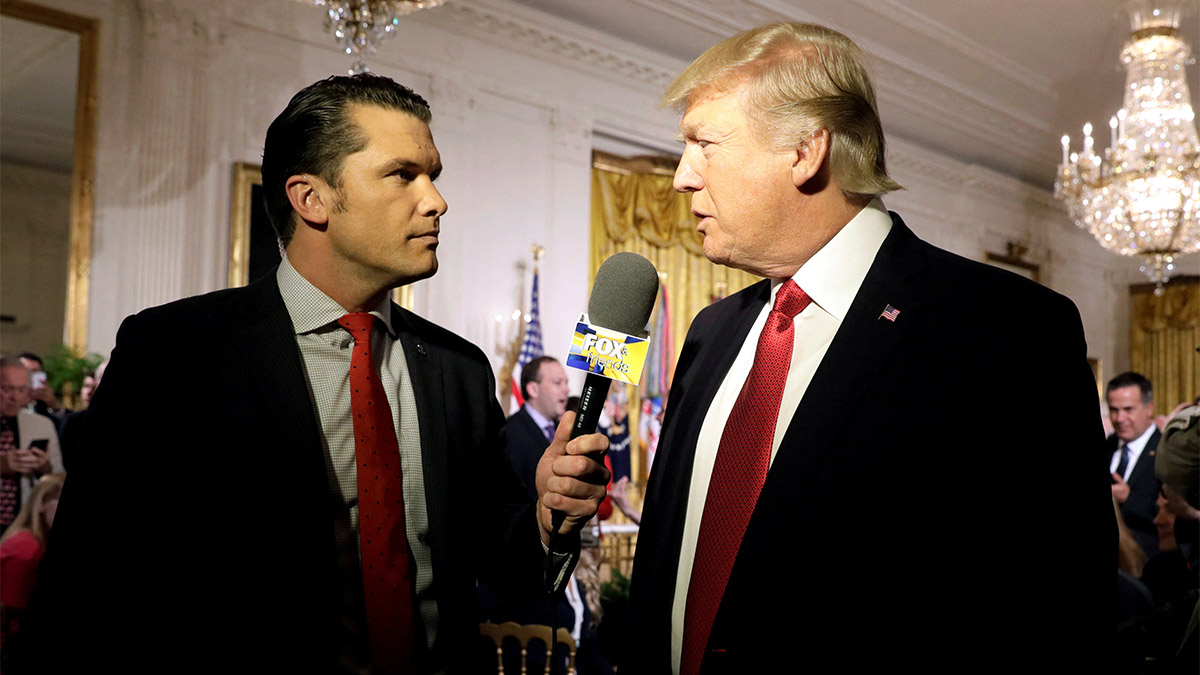) |
|
The appointment of Pete Hegseth, a Fox News host, as the United States' Defence Secretary by President-elect Donald Trump has ignited a heated debate within the political sphere and the military community. While Hegseth boasts of military experience, having served in Iraq and Afghanistan, his roles were predominantly in lower-ranking positions where he followed orders rather than crafting strategic plans. This lack of high-level command experience has raised concerns about his suitability for such a pivotal position, especially considering the complex challenges facing the Pentagon today.
The argument that Hegseth's experience is inadequate for the position is further emphasized by the extensive list of former Defence Secretaries who, while not military personnel, brought diverse expertise and leadership qualities to the role. From James Forrestal, a Wall Street banker who helped establish the Department of Defence, to Robert McNamara, a business executive who brought a data-driven approach to defense planning, many past secretaries have proven that military experience isn't the sole prerequisite for success in this position.
The article highlights a series of past Defence Secretaries, including Robert McNamara, Elliot Richardson, James Schlesinger, Harold Brown, Caspar Weinberger, Les Aspin, William Cohen, Donald Rumsfeld, Robert Gates, Leon Panetta, Ashton Carter, and Mark Esper, who have all contributed to the Pentagon's policies and operations despite lacking traditional military backgrounds. Each of these individuals brought unique expertise and perspectives from their respective fields, including business, law, intelligence, science, and even political experience, showcasing the versatility of leadership within the Defence Department.
The article concludes by emphasizing the principle of civilian control over the armed forces in the United States. This principle underscores the belief that civilian leadership, regardless of direct military experience, plays a crucial role in shaping defense policies and managing the military effectively. The various backgrounds of past Defense Secretaries illustrate this principle, demonstrating how civilian leadership can bring fresh ideas and diverse approaches to address the multifaceted challenges facing the United States in the global landscape.
